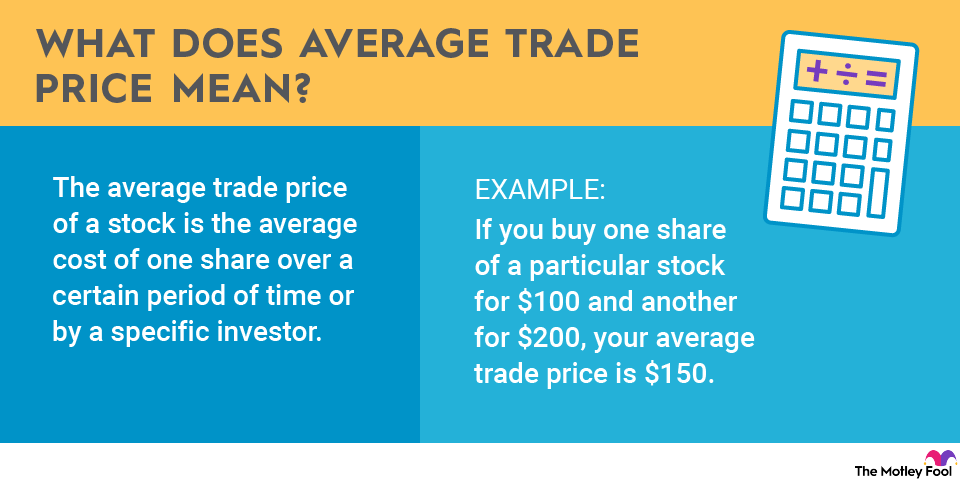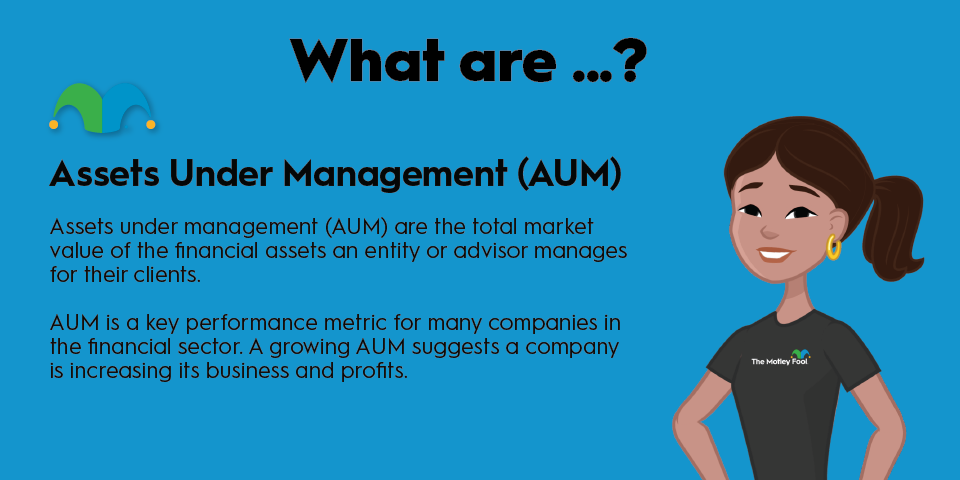Arbitrage refers to an investment strategy designed to produce a risk-free profit. In its purest form, an arbitrage involves buying an asset on one market while simultaneously selling the same asset on another market for a higher price. It can refer to a stock, exchange-traded fund (ETF), currency, commodity, or any other type of liquid asset. The goal is to take advantage of inefficiencies in the stock market that cause temporary price differences.
For example, let’s say that shares of a certain stock are trading for the equivalent of $30 per share on an international stock exchange but are trading for $30.10 in the United States. By simultaneously purchasing shares on the foreign exchange and selling the same number of shares in the U.S., you are guaranteeing yourself a $0.10 profit per share on the trade.

In practice, this type of arbitrage is easier said than done. Modern financial markets are highly efficient, and pricing differences for the same asset rarely exist for more than a few milliseconds. Most successful arbitrage traders (or arbitrageurs) work for major financial institutions since they have the capital and sophisticated trading systems needed to take advantage of opportunities that disappear extremely quickly.
While selling assets on different markets at the same time is the purest definition of arbitrage, there are some other forms.
Merger arbitrage
Another common form of arbitrage used by investors is known as merger arbitrage. Although this isn’t a truly risk-free investment strategy, it can be a very low-risk way of generating strong returns when used correctly.
The general idea behind merger arbitrage is that one company will agree to be acquired by another for a certain price, typically at a premium to its most recent trading price. As a result of the announcement, its stock price will typically rise to a level close to (but still less than) the agreed-upon acquisition price.
As a hypothetical example, let’s say that Company A is trading for $80 per share and agrees to be acquired by Company B for an all-cash price of $100 per share. Its stock price quickly jumps to $95 as a result, and the deal is expected to be completed in about six months. If you buy shares now for $95 and the deal closes as agreed, you will earn a $5 profit per share.
There are a few important factors to consider when evaluating a merger arbitrage opportunity. Most significantly, it’s important to assess the probability that the deal will actually go through. Could the acquiring company run into any issues obtaining financing to close the deal? Could regulators block the deal over antitrust concerns? Generally speaking, the higher the risk to the deal itself, the larger the spread will be between the trading price and the acquisition price.
There’s also the timing to consider since you won’t get the full acquisition price until the deal actually closes. For example, if a deal takes six months to close, your money will be tied up in the arbitrage play for that long.
Certificate of Deposit (CD)
On a related note, you also need to consider the risk-free return you can get from investments such as short-term Treasury securities. If an arbitrage strategy pays a 6% annualized return while you could get a 5% return simply by buying short-term Treasuries or putting your money in an FDIC-insured certificate of deposit, it might not be worth pursuing.


















